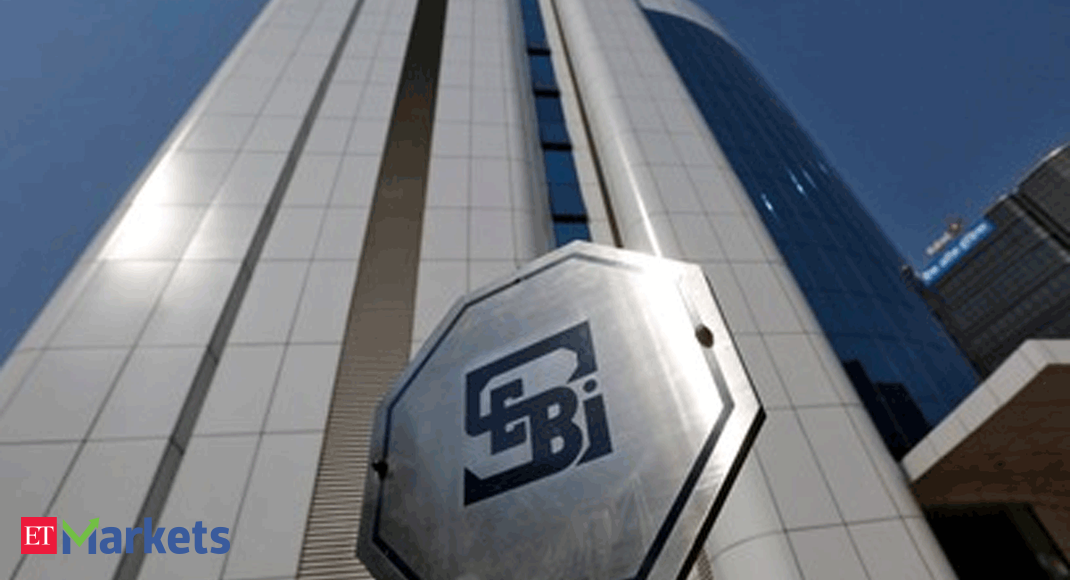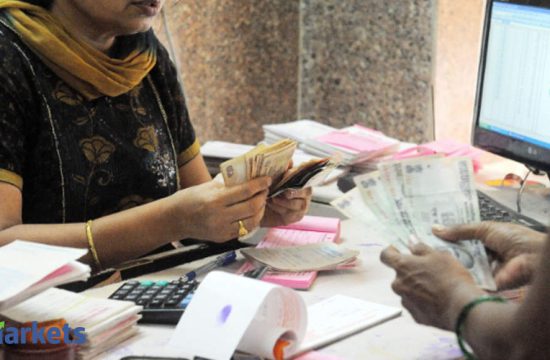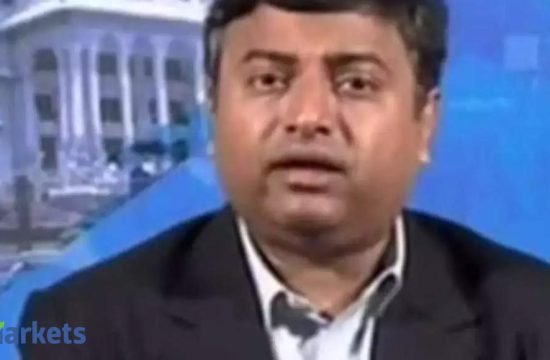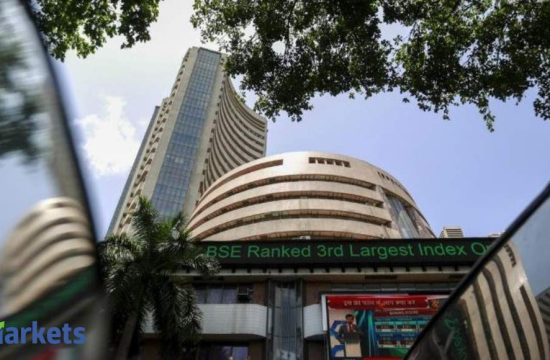
Mumbai: The Securities Appellate Tribunal (SAT), which hears appeals in the securities matters, has rapped the market regulator the Securities and Exchange Board of India(SEBI) for passing an ex-parte order in the middle of a pandemic. Sebi had passed an ex-parte order on June 15 against the managing director of a Bengaluru based technology firm for alleged insider trading based on which the accused was supposed to deposit Rs 3.8 crore in an escrow account within a week.
In its verdict, SAT called that the justifications given by the Whole Time Member (WTM) of Sebi while passing the emergency order were “patently erroneous†and there was no urgency to pass the order “especially during the pandemic periodâ€.
At the heart of the dispute are the powers of SEBI to pass the so-called ex-parte orders. These orders are different from the normal ones since they are passed unilaterally by the regulator without completing an investigation or even giving a hearing to the accused.
However, the powers to pass such orders are reserved only in emergency scenarios where the regulator feels the accused could sell or alienate the shares/assets in question. Once the regulator completes the investigation in such matters, a confirmatory order is passed which gives the final directions.
In the current case, SEBI pulled up the managing director of a Bengaluru based company Dynamic Technologies for trading on price-sensitive information. The accused had sold 51,000 shares of Dynamic Technologies in October 2016. The share prices of the company witnessed a sharp fall post the sale. SEBI contented that the fall in share prices was on account of quarterly results of the company which were approved on November 11, 2016. And that the accused being the managing director of the company was privy to the development that the results would be weaker. However, the accused contented that the fall in share prices was on account of the announcement of Demonetization by the central government.
“There is no doubt that SEBI has the power to pass an interim order and that in extreme urgent cases SEBI can pass an ex-parte interim order but such powers can only be exercised sparingly and only in extreme urgent matters,†SAT said in its 10-page verdict.
In its verdict, SAT said that SEBI had investigated the matter for two years between 2017 and 2019, however, couldn’t find any evidence that the accused was trying to divert the gains he made by selling those 51,000 shares.
“In our opinion, the reasoning given by the WTM justifying its action to pass an ex-parte interim order is patently erroneous and cannot be sustained,†SAT said adding “The ex-parte interim order cannot be sustained especially when the trades were of 2016 and from 2016 till the date of the impugned order there is no evidence to show that the appellant was trying to divert the alleged notional gain/loss,â€
This isn’t the first instance where SEBI has been pulled up for ex-parte orders. Last year, while delivering a verdict in the matter of North End Foods Marketing, SAT said ex-parte orders were for exceptional situations only and using such powers in every case could go against the principles of natural justice. “It does not mean that in every case, an ex-parte interim order should be passed on the pretext that it was imminent to pass such interim order in order to protect the interest of the investor or the securities market.”









